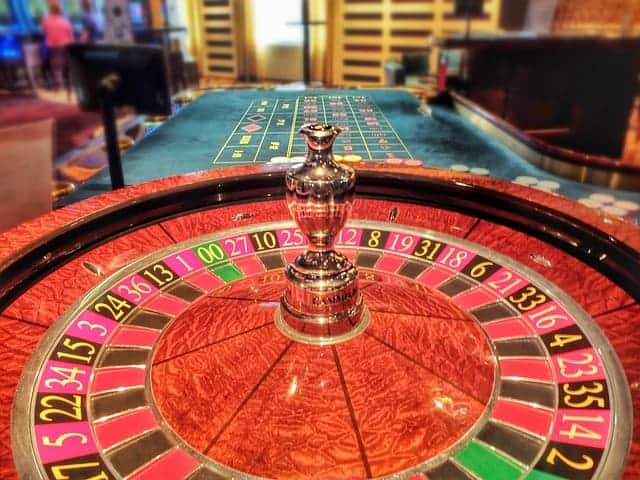What is a problem, and what help and treatment is available?
Gambling as a form of addiction has been recognised by the medical profession since 1980. Like alcoholics who are addicted to alcohol and are dependent on it, gambling addicts are addicted to gambling and dependent on it. They cannot resist their impulse to gamble. This leads to financial problems, difficulties with partners and other family members and many other challenges including with employment. As a result, addicts suffer problems with their mental health leading to serious depression and even suicidal ideation.
People with gambling problems often:
- Feel remorse after gambling
- Think about gambling much of the time
- Borrow money to gamble (it is now illegal to use credit cards to gamble)
- Gamble to win money to try and clear their debts
- Gamble to escape worry or trouble
- Gamble to celebrate!
- Think about or do commit crimes to finance gambling
- Are unreliable at work
- Loss of sleep
- Have family problems
- Feel suicidal
20 Questions
Gamblers Anonymous have devised 20 questions to help identify a problem gambler. Most compulsive gamblers will answer yes to at least seven of these questions. The essence of them is as follows:
- Have you ever lost time from work or school due to gambling?
- Has gambling ever made your home life unhappy?
- Has gambling affected your reputation?
- Have you ever felt remorse after gambling?
- Have you ever gambled to get money with which to pay debts or otherwise solve financial difficulties
- Has gambling caused a decrease in your ambition or efficiency?
- After losing have you felt you must return as soon as possible and win back your losses?
- After a win have you had a strong urge to return and win more?
- Have you often gambled until your last pound was gone?
- Have you ever borrowed to finance your gambling?
- Have you ever sold anything to finance your habit?
- Have you ever been reluctant to use “gambling money” for normal expenditure?
- Has gambling made you careless of the welfare of yourself or your family?
- Have you ever gambled longer than you had planned?
- Have you ever gambled to escape worry, trouble, boredom or loneliness?
- Have you ever committed, or considered committing, an illegal act to finance gambling?
- Has your addiction caused you to have difficulty in sleeping?
- Do arguments, disappointments or frustrations create within you an urge to gamble?
- Have you ever had an urge to celebrate good fortune by a few hours of gambling?
- Have you ever considered self destruction or suicide as a result of your addiction?
So if you or someone you know has a gambling problem, what help is available?
Many people will have heard of Alcoholics Anonymous, which is a support group helping those with alcohol problems and addiction. A sister fellowship exists for gamblers – called Gamblers Anonymous (GA) which is run by gamblers who have manged to beat their problem and is for people who need help to overcome it. It is based on similar principles and promotes total abstinence from gambling. There should be a meeting of this group somewhere not too far from where you live and it is free to attend. ‘Closed’ meetings are only for people who have experienced gambling addiction; ‘Open’ meetings are for people who want to find out what help is available, usually for a family member or friend. GamAnon which runs alongside GA is also available in some locations for the families of gamblers.
GamCare offers free information, support and counselling for problem gamblers in the UK.
It runs the National Gambling Helpline (0808 8020 133) and also offers face-to-face counselling.
National Problem Gambling Clinic If you live in England or Wales, are aged 16 or over, you can refer yourself to this specialist NHS clinic for problem gamblers.
The Gordon Moody Association offers residential courses for men and women – email help@gordonmoody.org.uk or call 01384 241292 to find out more.
Consider The Haynes Clinic.
There are also many private addiction treatment centres which can treat problem gamblers using cognitive behavioural therapy and usually accompanied by a 12 Step Treatment Programme. This usually involves a residential stay of 28 days and can cost anything up to £10,000. However, many gamblers of course – by their very nature – do not have this sort of money available. So, it is worth considering how much more could be lost if the gambler does not get help and sometimes family members will ‘club together’ to fund the treatment. Try The Haynes Clinic (call 01462 851414) who have successfully treated many gamblers.
Contact us for more information on the treatment process.

